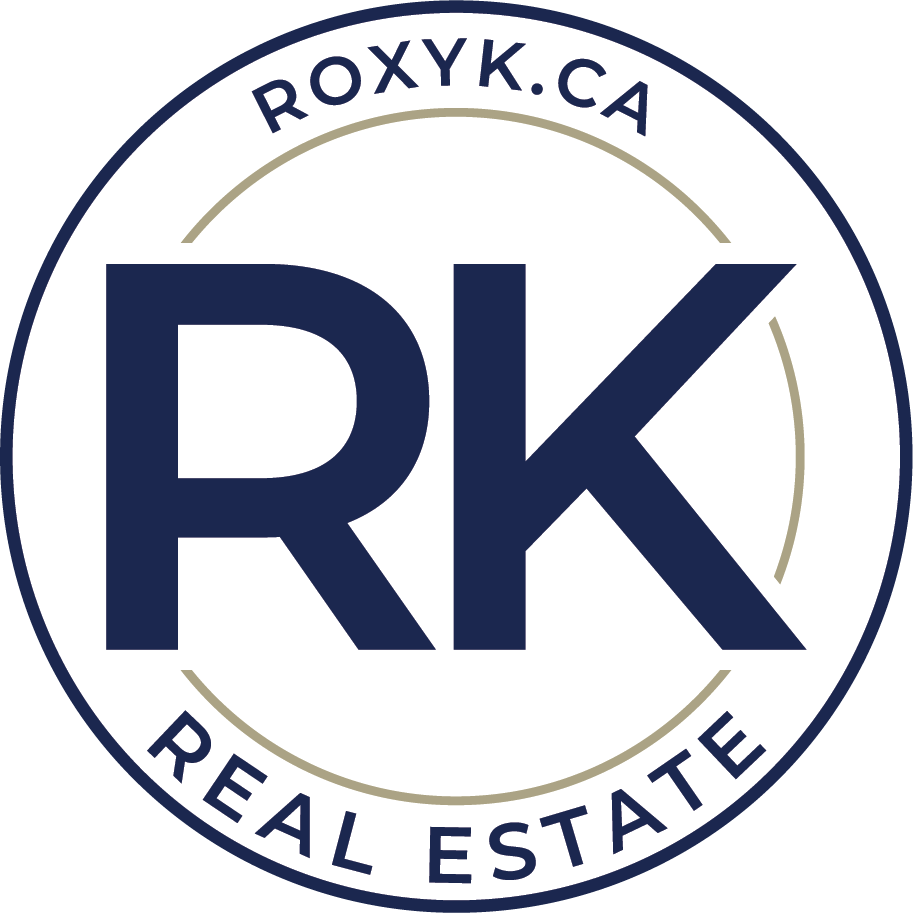You will have many options when it comes to choosing a mortgage. Your lender or broker will help you find the mortgage that best matches your needs. Become familiar with the following terms and options to help with your decisions.
Amortization period: The length of time you agree to take to pay off your mortgage (usually 25 years)
Mortgage term: The length of time that the options and interest rate you choose are in effect. It can be anywhere from 6 months to 10 years. When the term is up, you can renegotiate your mortgage and choose the same or different options. Payment schedule: How often you make your mortgage payments. It can be weekly, every two weeks (biweekly), once a month, or accelerated weekly or biweekly. Talk to your lender to see all possible options.
Prepayment options: The ability to make extra payments, increase your payments, or pay off your mortgage early without incurring a penalty.
Portability: An option that lets you transfer or switch your mortgage to another home with little or no penalty when you sell your existing home. Mortgage loan insurance can also be transferred to the new home.
Mortgage stress test: You will need to pass a “stress test” to qualify for a mortgage loan with federally regulated lenders and credit unions. The stress test exercise ensures that you can afford payments at a qualifying interest rate that is typically higher than the actual rate in your mortgage contract. This helps ensure that homebuyers won’t take on too much debt and will have the means to make their mortgage payments if interest rates rise or their income decreases.
Types of interest rates
• Fixed rate: The rate doesn’t change for the term of the mortgage
• Variable rate: The interest rate fluctuates with market rates
• Protected (or capped) variable rate: The rate fluctuates but will not rise over a pre-set maximum rate.
• Fixed rate: The rate doesn’t change for the term of the mortgage
• Variable rate: The interest rate fluctuates with market rates
• Protected (or capped) variable rate: The rate fluctuates but will not rise over a pre-set maximum rate.
Open and closed mortgages
• Open mortgage: Lets you pay off your mortgage in full or in part at any time without any penalties
• Closed mortgage: Offers limited (or no) options to pay off your mortgage early in full or in part, but it usually has a lower interest rate.
• Open mortgage: Lets you pay off your mortgage in full or in part at any time without any penalties
• Closed mortgage: Offers limited (or no) options to pay off your mortgage early in full or in part, but it usually has a lower interest rate.
Conventional and high-ratio mortgages
• Conventional mortgage - A loan that is equal to or less than 80% of the lending value of a home. This requires a down payment of at least 20%
• High-ratio mortgage - A loan that is over 80% of the lending value of a home. This means the down payment is less than 20% and will likely require mortgage loan insurance.
• Conventional mortgage - A loan that is equal to or less than 80% of the lending value of a home. This requires a down payment of at least 20%
• High-ratio mortgage - A loan that is over 80% of the lending value of a home. This means the down payment is less than 20% and will likely require mortgage loan insurance.
Down payment: The amount of money that you put toward the purchase of your future home. In general, to purchase a property, the minimum down payment is 5% for a property value of $500,000 or less and 10% for any amount above $500,000. You will also need to prove the amount and sources of your down payment. Some common sources include personal savings, an RRSP withdrawal, a non-repayable gift from an immediate family member, proceeds from the sale of other property, and funds borrowed against proven assets. Check with your lender for qualifying criteria.

